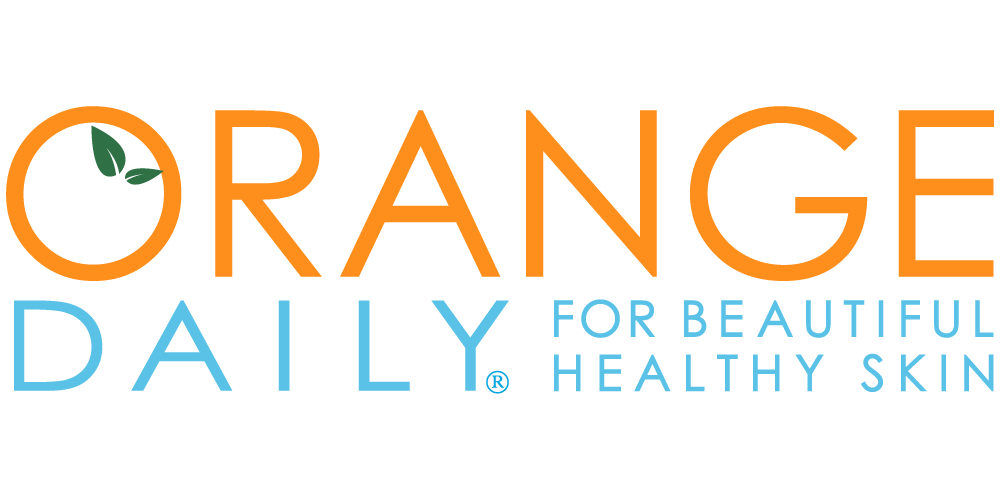55. Adjunct in Promoting Acne Treatments
As a teenager, it was inescapable for me. There was a period in my life where I became shy and somewhat withdrawn. It had little to do with who I was, it had more to do with my appearance and how I felt about it. I was very awkward. Physically, I was experiencing a rapid growth phase. Emotionally, I bore the challenges of not being a kid anymore, yet conversely, I was not quite realizing my adulthood. As far as I was concerned, I lived wearing a “scarlet letter” planted firmly on my face. I was very self-conscious of my ever-present acne. Looking back at my high school yearbooks and comparing the photos of my peers, I only had a moderate to mild case. However, during that time, I felt unattractive and embarrassed. My ever-present thought: “What girl would ever want to love a face like mine?” For that matter, when did girls ever become part of this picture?
My naïve choices of therapeutic solutions did not serve to completely remedy my acne problem. I can remember spending days in the summer soaking up the sun’s rays to get a sunburn, which seemed to improve my complexion. In the winter, I literally would rub snow on my face while skiing to benefit from a temporary tan. Then there were my visits to dermatologist, where the preferred method of treatment was to expose my skin to ultra-violet radiation to dry up my oily skin. Decades later, all of that UV skin damage would come back to haunt me. I was born too soon to benefit from my younger brother’s Retinol treatments—a methodology at that time that worked on his acne but left his face scalded and filled with pain. The best advice concerning acne treatment that my father (who was a pediatrician) could give me was that I would grow out of this phase of my life. He turned out to be right about my skin, but the emotional scars remain to this day.
The U.S. Food and Drug Administration (FDA) defines acne as a disease involving the oil glands and hair follicles of the skin that is manifested by blackheads, whiteheads, acne pimples and acne blemishes. The disease is compounded through a proliferation of Cutibacterium acnes (C. acnes) bacteria, commonly present in smaller populations as part of the skin biome. Acne is considered one of the most common skin disorders. More than 90% of the world’s population is affected by acne at some point in life, and women are more frequently affected by adult acne than men.
It is now 50 years since I graduated from high school; as someone told me long ago: “Don’t Blink!” Modern Dermatology has progressed light years since then. With increased cosmetic formulation complexities and market demand for tailored skin care, the anti-acne sector has seen great growth in the past decades. An array of acne treatment options is available, ranging from alternative medicine and physical procedures to prescription and over-the-counter (OTC) drugs. Alternative medicines include natural extracts that exhibit antioxidant and antimicrobial activity, as well as help to dry out the skin to combat overactive sebum production. Physical treatments include comedone extraction, cryotherapy, electrocauterization and, yes, there are still UV treatments available.
All of these acne treatments can be enhanced if the skin is properly nourished. This is best realized through daily topical applications of the missing nutrients. Healthy skin cells provide their own set of barriers to the disease process, as well as an easier pathway towards recovery. This is the reason a complete topical vitamin C skin care regimen becomes so important to someone dealing with acne. Providing the proper nutrients, keeping the skin properly moisturized, improving rapid skin turn over through vitamin A and using a reservoir of vitamin C to promote healing, collagen formation plus antioxidants are but a few benefits. There are many additional benefits to create overall skin health by using a topical vitamin C regimen and understanding the importance of topical application of the proper skin nutrients every day. Remember:
“Healthy Skin is Beautiful Skin and Beautiful Skin is Healthy Skin”
Dr. Dave
Every Day! Without Fail!Spirit *Soul * Mind * Body
Contact us here for questions or comments.


